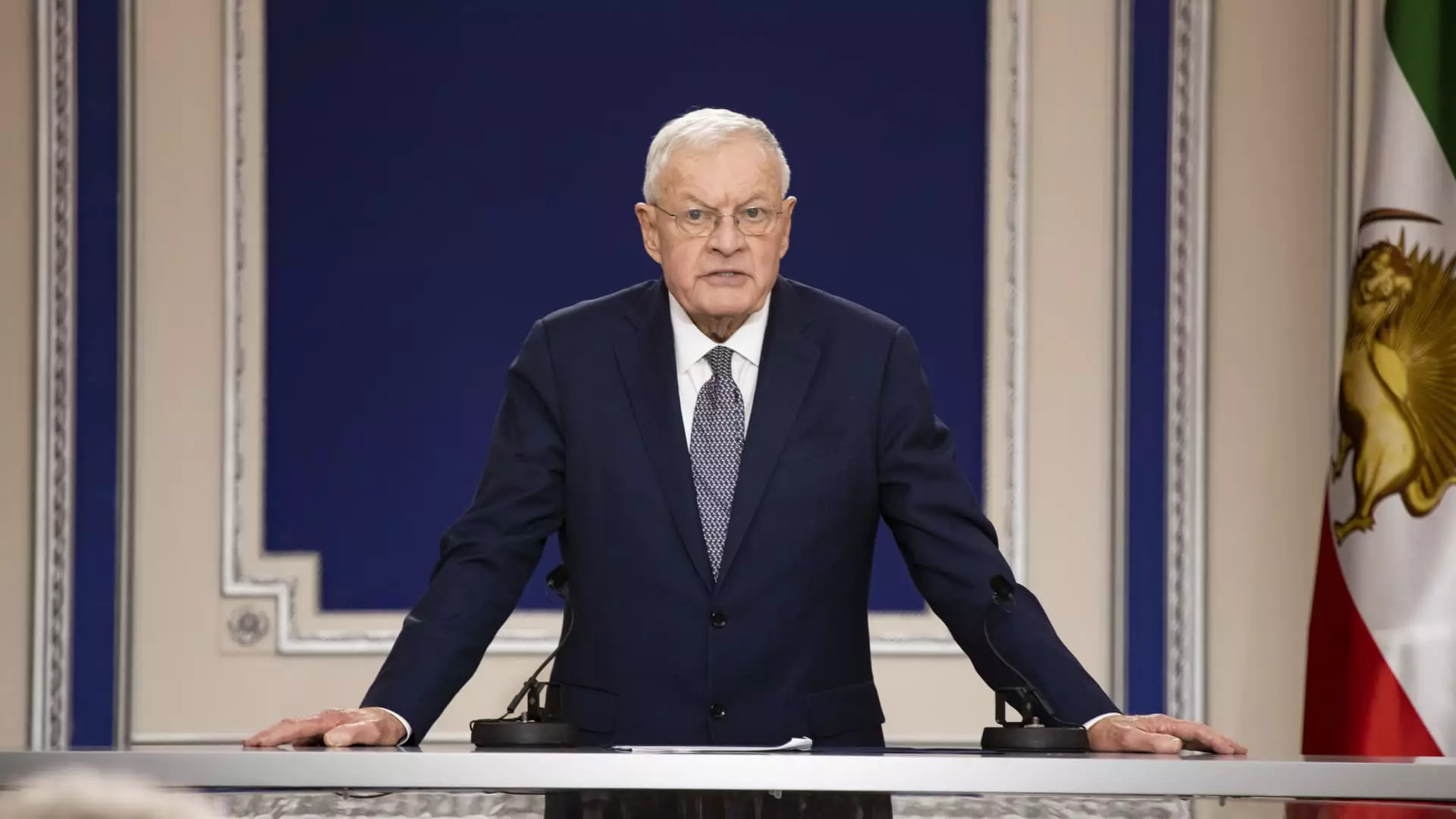The ongoing conflict between Ukraine and Russia has captured global attention, and recent dialogues surrounding a potential peace agreement highlight the urgency and complexity of the situation. At a recent event during the Munich Security Conference, U.S. Special Presidential Envoy for Ukraine and Russia, Keith Kellogg, prompted discussions about a possible peace plan that could materialize in a matter of days or weeks. Such optimism depicts both a strategic urgency and the intricate diplomatic dance that accompanies modern-day warfare.
Kellogg likened the pace of negotiations to what he termed “Trump time,” a phrase that encapsulates the swift decision-making framework often associated with former President Donald Trump. This characterization emphasizes a need for immediate action and results—a sentiment suggesting that the current administration may prioritize quick resolutions over prolonged discussions. Kellogg’s comments reflect a broader tension in diplomacy where time is both an ally and an adversary. The desire for swift progress must be balanced against the profound complexities inherent in international negotiations.
This desire for urgency isn’t without its challenges. Kellogg himself acknowledged the critical need for a “breathing space” in negotiations, emphasizing that a timeline of days or weeks should not imply recklessness. Such a statement recognizes that while speed is valued, the intricacies of peace talks demand a careful and thoughtful approach. This duality is crucial as negotiators weigh the implications of rapid decisions against the necessity for consensus amongst all parties involved.
Kellogg highlighted a “dual-track” approach to the peace negotiations between Ukraine and Russia, noting the involvement of both the U.S. and its allies to facilitate discussions with both nations. This methodology aims to ensure that no party feels sidelined, particularly crucial stakeholders such as Ukraine and Europe. Despite the constraints of diplomacy—where direct participation can involve significant logistical and diplomatic hurdles—Kellogg insists that the interests of Ukraine and Europe will be prioritized, even if their representatives do not physically occupy the negotiation table.
The acknowledgment of Europe’s relevance in the discussions raises critical questions about the future of transatlantic relations. As the conflict continues, a peace agreement that disregards European input may lead to long-term instability. Key figures in the European Union have suggested that without their involvement, it would be impossible to achieve legitimate and lasting peace. The importance of inclusivity in diplomatic strategies cannot be overstated, as it fosters trust and reinforces relationships among nations.
Challenges and Perspectives from the European Leaders
Concerns over potential exclusion from the negotiation process have been vocally expressed by European leaders. For instance, Croatia’s Prime Minister, Andrej Plenković, underscored that any peace deal must maintain Ukraine’s territorial integrity, echoing common European aspirations for a resolution that fosters stability. His remarks indicate a growing consensus that any arrangement reached must not merely render a ceasefire but embody a framework to promote lasting peace rooted in respect for national sovereignty.
Furthermore, Iceland’s Prime Minister, Kristrún Frostadótti, offered an insightful observation regarding the sentiments within Europe towards the current U.S. administration. The uncertainty surrounding U.S. foreign policy objectives is palpable and could influence the efficacy of negotiations. Trust and clarity are essential for the cohesion of alliances, and the perception of unpredictability may lead to hesitance among European leaders to engage fully in the process.
Looking to the Future: The Path Ahead
As the global community remains invested in the discussions evolving from the Munich Security Conference, the next steps remain pivotal. The intricate web of alliances and historical tensions necessitates a comprehensive and well-structured approach to diplomacy. The importance of including diverse perspectives cannot be overstated—a peace plan that incorporates the aspirations and security concerns of both Ukraine and Europe stands a better chance of enduring success.
The future of peace in Ukraine hinges on thoughtful engagement, clarity in communication, and a commitment to involving all affected parties. As tensions continue to ripple across Europe, the need for thoughtful diplomacy is more critical than ever. The path to peace is rarely linear, and as history has shown, success depends on patience, understanding, and collaborative efforts that transcend borders.


Leave a Reply